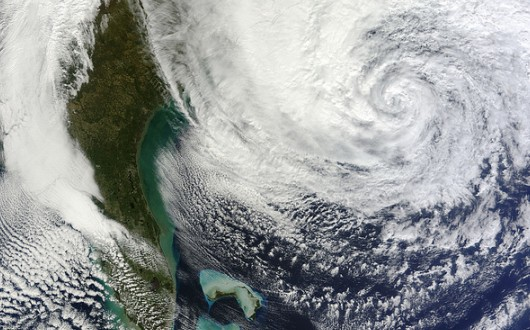Monday, May 10, 2010
11:30 AM
The
Space and Science Research Center (SSRC), the leading independent
research
organization in the United States on the subject of the next climate
change,
issues today the following warning of imminent crop damage expected to
produce
food and ethanol shortages for the US and Canada:
Over the next 30 months, global temperatures are expected to
make another dramatic drop even greater than that seen during the 2007-2008
period. As the Earth’s current El Nino dissipates, the planet will return to
the long term temperature decline brought on by the Sun’s historic reduction in
output, the on-going “solar hibernation.” In follow-up to the specific
global temperature forecast posted in SSRC Press Release 4-2009, the SSRC
advises that in order to return to the long term decline slope from the current
El Nino induced high temperatures, a significant global cold weather
re-direction must occur. According to SSRC Director John Casey, “The Earth
typically makes adjustments in major temperature spikes within two to three
years. In this case as we cool down from El Nino, we are dealing with the
combined effects of this planetary thermodynamic normalization and the
influence of the more powerful underlying global temperature downturn brought
on by the solar hibernation. Both forces will present the first opportunity
since the period of Sun-caused global warming period ended to witness obvious
harmful agricultural impacts of the new cold climate. Analysis shows that food
and crop derived fuel will for the first time, become threatened in the next
two and a half years. Though the SSRC does not get involved with short term
weather prediction, it would not be unusual to see these ill-effects this year
much less within the next 30 months.”
The SSRC further adds that the severity of this projected
near term decline may be on the order of 0.9 C to 1.1 C from present levels.
Surprising cold weather fronts will adversely impact all northern grain crops
including of course wheat and the corn used in ethanol for automotive fuel.
In
pointing out the importance and reliability of this new temperature forecast
and its effects on North American crops, Director Casey adds,” The SSRC has
been the only US
independent research organization to correctly predict in advance three of the
most important events in all of climate science history. We accurately
announced beforehand, the end of global warming, a long term drop in the
Earth’s temperatures and most importantly the advent of a historic drop in the
Sun’s output, a solar hibernation. The US government’s leading science
organizations, NASA and NOAA have completely missed all three, as of course
have United Nations climate change experts. It is only because of the amount of
expected criticism we received because of our strong opposition to the Obama
administration’s climate change policies and our declaration of the end of
global warming, that the SSRC is not more fully accepted for its leadership
role in climate change forecasting. The facts and reliability surrounding our
well publicized predictions however stand as testament to the SSRC’s proven
ability to understand the nature of global climate change. In view of the importance
of this new forecast I have notified the Secretary of Agriculture to take
immediate actions to prepare the nation’s agricultural industry for the coming
crop damage.”
The SSRC places only one caveat on this forecast. Casey
elaborates, “Only a stronger solar cycle with a period longer than the 206 year
cycle can cause us to alter our projections. Although more research is needed
in this area, none have yet shown themselves. The present hibernation is
proceeding in almost lock step as the last one which occurred from 1793 to
1830. If it continues on present course, while the cold weather impacts on food
and fuel announced today are certainly important, they do not compare with what
is to follow later. At the bottom of the cold cycle of this hibernation in the
late 2020’s and 2030’s there will likely be years with devastating to total
crop losses in the Canadian and northern US grain regions.”


'Food and Ethanol Shortages Imminent as Earth Enters New Cold' has no comments
Be the first to comment this post!